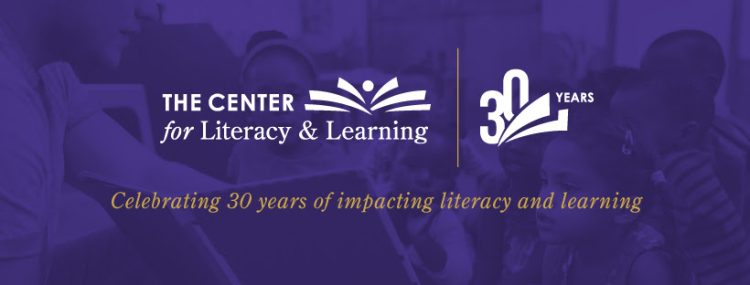BATON ROUGE, LA – The release of the 2022 National Assessment of Educational Progress (NAEP) Monday provides proof and promise that recently enacted reforms in literacy instruction championed by The Center for Literacy & Learning are working in Louisiana as fourth graders made top gains in the nation for reading. The national results, however, also serve as a stark reminder that there is much more work to be done as students experienced disruptions to learning.
NAEP scores followed the trend evidenced in Louisiana’s state testing, known as LEAP, whose results from last spring demonstrated promising improvements along with significant concerns. NAEP scores also come as The Center releases an impact report from its historical statewide Literacy Coach Program which began with the 2021-2022 school year. The Center provided technical support across 262 schools in 64 school districts during the 2021-2022 school year.
“For Louisiana to lead the nation in fourth grade reading gains is an incredible testament to the hard work being done in our state. From our efforts to partner with the Louisiana Legislature in 2019 to create the Early Literacy Commission to The Center’s advocacy in securing funding for a literacy coach pilot program in 2020, there have been a series of legislative and programmatic reforms over the past three years that helped us to reach this point,” stated John Wyble, PhD, CEO of The Center for Literacy & Learning.
Since 2019, The Center has successfully worked to advocate for significant, evidence-based reforms in legislation and policy in support of the Science of Reading instruction for students. Click here for a complete list, by year, of those reform efforts.
“We applaud and support Dr. Cade Brumley, Louisiana Superintendent of Education, and his team for bringing an incredible vision and focus on the importance of literacy success by third grade and its impact on lasting educational outcomes for students. We believe our partnership with Dr. Brumley and the Louisiana Department of Education can serve as a model for other states,” added Wyble.
Nationally, 30 states and jurisdictions saw their reading scores significantly decrease while 22 showed no significant change. No state saw a statistically significant increase in scores compared to their 2019 performance. The national public’s average reading score saw a three-point decline. However, among this slew of bad news, there is some reason for cautious optimism for Louisiana as students’ reading scores did not decline from the 2019 scores.
Notably, Louisiana joins states and jurisdictions whose Grade 4 and 8 reading scores are not significantly different from the national average, an improvement from 2019 when Louisiana was among those states whose scores were significantly lower than the national average.
“It is more important now than ever that we strengthen our commitment to appropriate teacher training and ongoing support, curriculum use, teaching strategies, and family literacy engagement to move us even further forward,” adds DeJunne’ Clark Jackson, President of The Center. “The Center will remain relentless in our efforts to ensure equitable education for all students.”
The Center recognizes there is no short-term fix but will require commitment to reforms, transparency, data, and resources to reverse generations of poor outcomes for Louisiana students. “It is reasonable to expect that it will take a few years for the literacy assessment data to reflect these individual, local, and state efforts. In the meantime, we [The Center] will continue to work with parents, educators, administrators, and business and community leaders on numerous ways we can all continue to be a part of the long-term solution for improving student outcomes in literacy, early learning, and education overall,” concluded Wyble.





